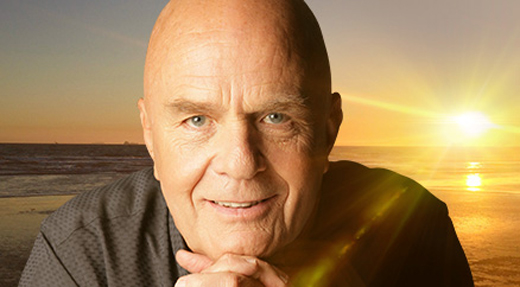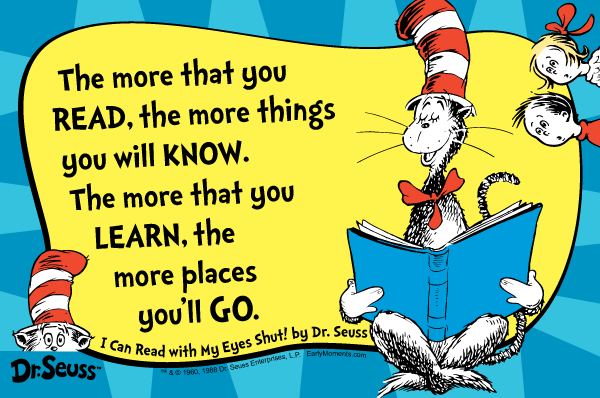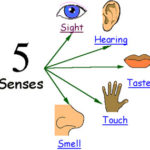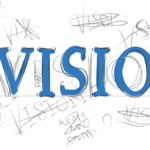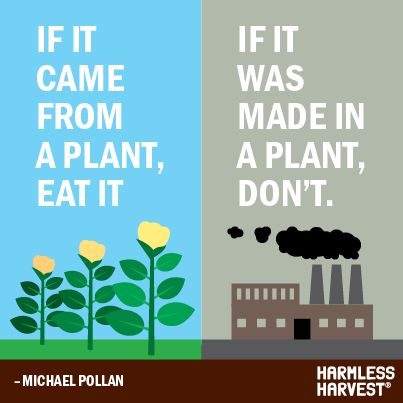“Be careful how you interpret the world: it is like that.”
—Erich Heller, 20th Century British Essayist
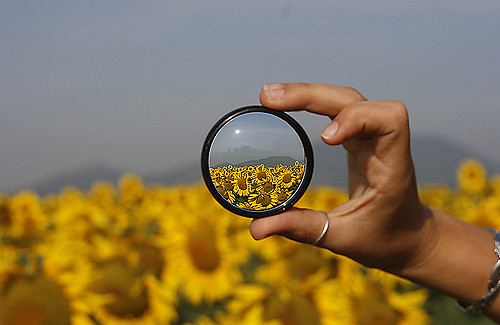
image from Flickr by marco magrini
We humans are interpretation and opinion machines. As we navigate our worlds, we continually assess our environments and relationships through special filters we have created. Our perceptions really do create our reality and our experience of the world.
As talk show host Dr. Phil often says, “How’s that workin’ for you?”
What is your level of fulfillment, satisfaction, and general happiness with things as you see and interpret them?
EXERCISE:
Make an effort to expand your filter choices as you view your world today. Consider trying on a more hopeful, optimistic, open, forgiving, or creative perspective and see what happens.

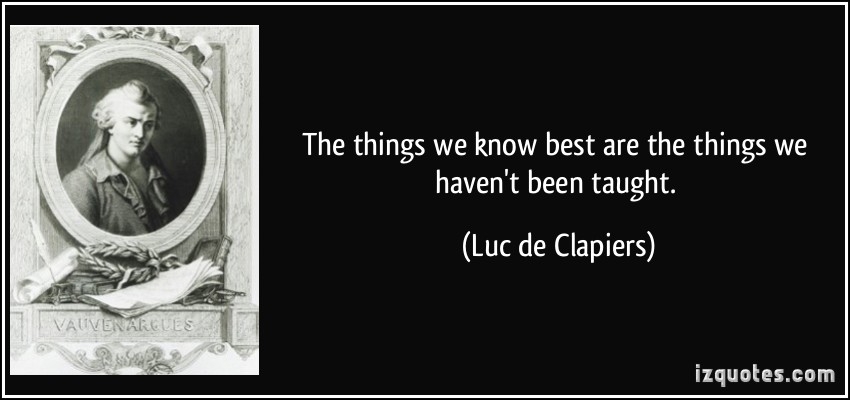 My first career, fresh out of college, was as a teacher. It was my belief at the time that it was my job to literally pour my knowledge of life science into the minds of 25 sixth grade students. What I discovered was that very little got in, and even less of my brilliant lessons stuck for more than a week or two.
My first career, fresh out of college, was as a teacher. It was my belief at the time that it was my job to literally pour my knowledge of life science into the minds of 25 sixth grade students. What I discovered was that very little got in, and even less of my brilliant lessons stuck for more than a week or two.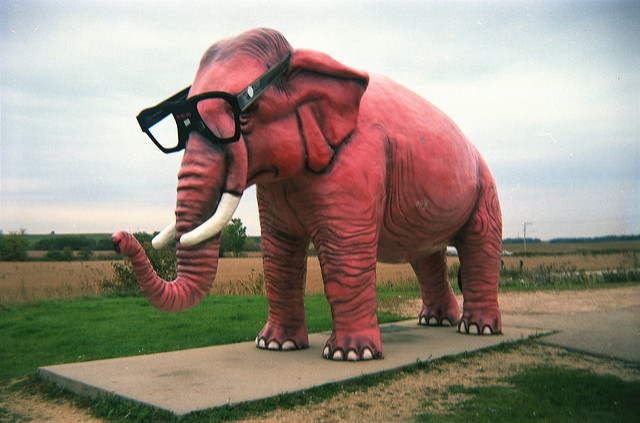

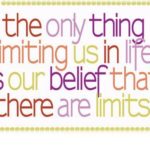

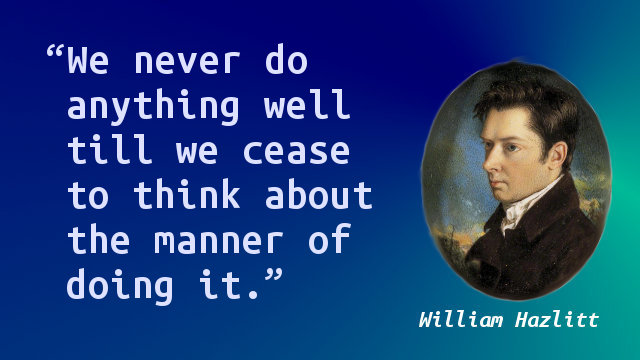 How many activities in the following list have you engaged in over the past year?
How many activities in the following list have you engaged in over the past year?
